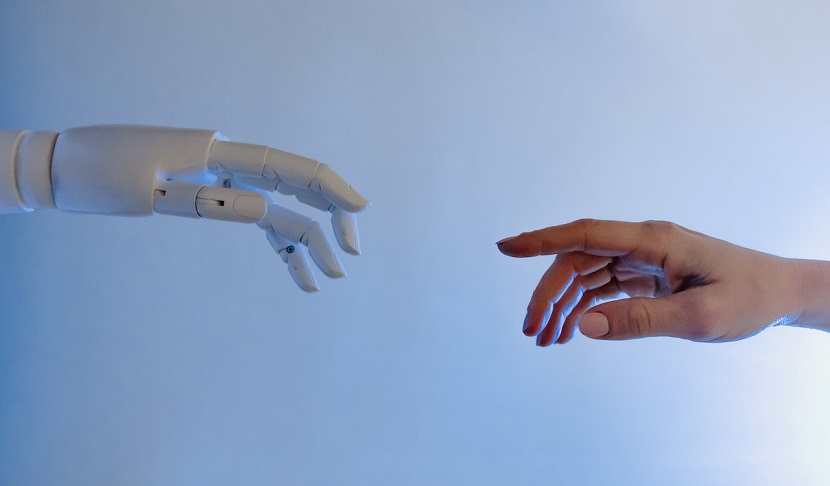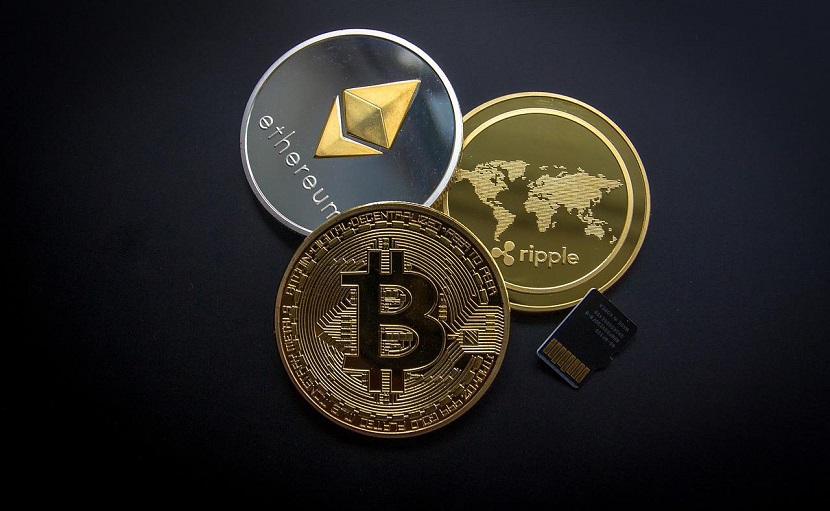The most recent development in artificial intelligence (AI) technology is OpenAI’s ChatGPT. Investor interest in generative AI technologies has increased thanks to OpenAI’s ChatGPT. It’s difficult to tell how much of an impact OpenAI’s ChatGPT will have on the worldwide AI market. The projections say that it will at a compound annual growth rate of 38.1 percent to reach US$1.59 trillion by 2030. The newly developed technology is an example of the generative AI subsector of the artificial intelligence (AI) market, which develops systems that can produce text, images, or sounds in response to user instructions.
According to venture capital market study by Pitchbook, “the burgeoning buzz surrounding (generative AI) has reached frenzy the likes of which the (venture capital) market hasn’t seen in years.” The introduction of tools like DALL-E 2, Stable Diffusion, and ChatGPT has attracted a wide range of investors by proving that generative AI is now fit to be used in a variety of commercial applications, including producing software code and advertising. Although generative AI technology is undoubtedly exciting, can you invest in OpenAI’s ChatGPT?

OpenAI’s ChatGPT: What is it actually?
A generative AI software program called ChatGPT, developed by the San Francisco-based tech lab OpenAI, uses a machine learning method called reinforcement learning from human feedback (RLHF) to simulate human-written dialogues in response to a wide range of user suggestions. An AI chatbot is the preferred term for this type of software. OpenAI’s ChatGPT trains on texts culled from the internet, including blogs, academic publications, online encyclopedias, and books. Based on this training, the AI chatbot predicts which words (or tokens) may be combined to make the best response when creating text.
On November 30, 2022, ChatGPT was made available for free public testing, and within the first week of that date, more than a million people interacted with it. The chatbot’s apparent natural language processing abilities as well as its responses that resembled human speech left many in amazement. Users essentially had the impression that they were speaking with a live person.
In addition to being a great conversationalist, ChatGPT can also produce interesting short stories, poignant poetry, and memorable song lyrics. Regarding this achievement, OpenAI has been developing GPT-4, a more potent iteration of the ChatGPT system, which is expected to be launched in 2023, likely in the year’s first quarter.
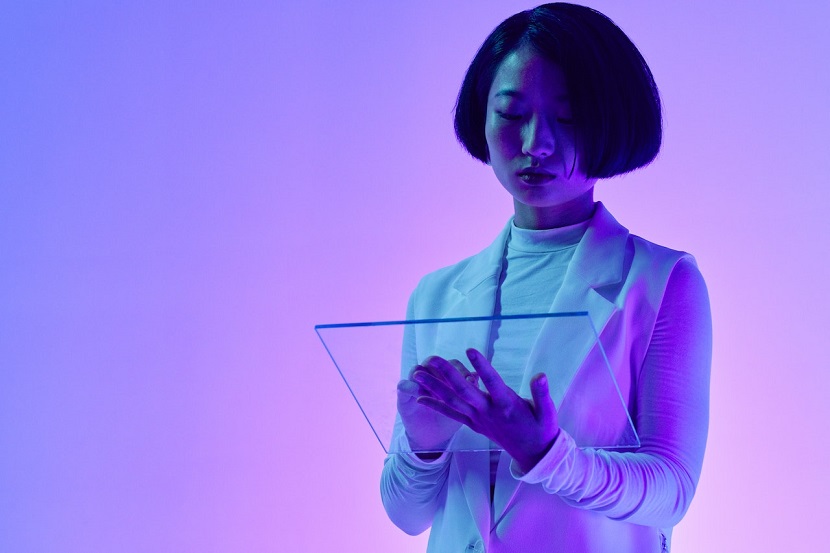
What connection does Elon Musk have to OpenAI’s ChatGPT?
Elon Musk, the CEO of Tesla, together with other well-known investors like venture capitalist Peter Thiel and LinkedIn co-founder Reid Hoffman, as well as current CEO Sam Altman, created OpenAI in 2015. In order to concentrate on Tesla and its pursuit of autonomous car technology, Musk resigned from his seat on the board of directors of OpenAI in 2018.
Musk tweeted that ChatGPT was terrifying awesome and artificial intelligence that was dangerously powerful was not that far away,” a few days after it was made available for public testing. He revealed that Twitter has denied OpenAI access to its database so that it could no longer use it for RLHF training on the same day he made the announcement. “OpenAI was founded as an open-source & non-profit project,” he said. Both no longer hold true.

Is ChatGPT a revolutionary or marketing gimmick?
Is ChatGPT a ground-breaking innovation or just another overhyped tech fad that will fizzle out, much like Google Glass or the Segway? It may be too soon to tell, but there are a lot of kinks to work out with any new technology. The chatbot’s tendency to give “plausible-sounding but inaccurate or nonsensical answers” is one of the most difficult problems to fix before ChatGPT can be used more broadly with a high degree of confidence, says OpenAI. Remember that the words it chooses to weave together in a response are truly predictions; they are fallible, but not as fallible as plain guesses.
ChatGPT frequently gives incorrect responses for questions ranging from elementary algebra to medical knowledge, which might have detrimental real-world effects. The technology might be applied to build dangerous malware, send phishing emails, or disseminate false information. Additionally, the AI-based technology is susceptible to gender and racial prejudices. This language learning paradigm has not only contributed to the human-like nature of its responses, but it has also recognized some flaws in mankind.
According to Garling Wu, a staff writer for the online technology newspaper MUO, ChatGPT had been trained on the collective writing of people in the past and present from all around the world. Wu added that “this indicates that the biases that are there in the data can also be present in the model. Users have actually demonstrated how ChatGPT can create some dreadful results, including ones that discriminate against women. But that’s only the beginning; it can also lead to conclusions that are seriously detrimental to a number of minority groups”.
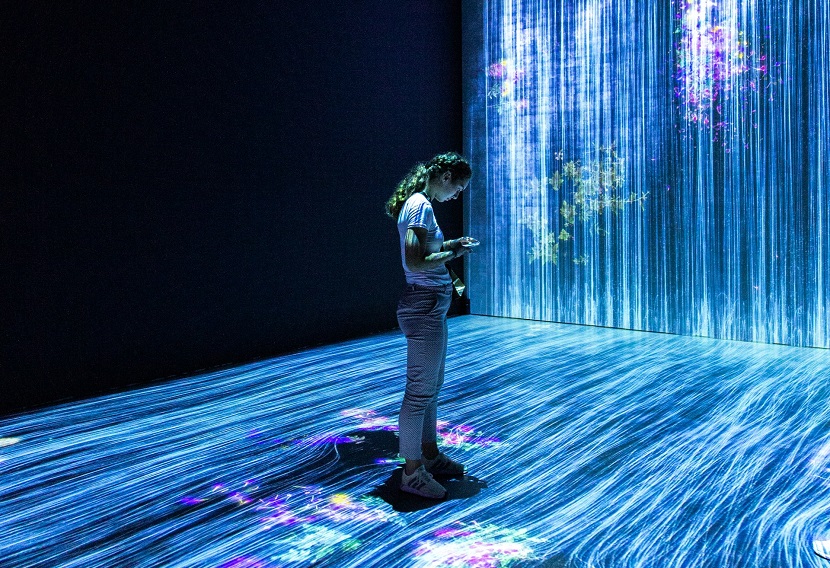
How do teachers feel?
Teachers worry that the use of ChatGPT by students to complete their science homework or write essays is contributing to an unwelcome spike in academic dishonesty. According to Kevin Roose, a technology blogger for the New York Times, “teachers and school administrators have been scurrying to catch pupils using the application to cheat, and they are worried about the damage ChatGPT could wreak on their lesson plans.” Despite these reservations, since Microsoft, a major player in the technology industry, is supporting OpenAI, we’re sure to see new versions of ChatGPT, presumably free of the aforementioned issues.
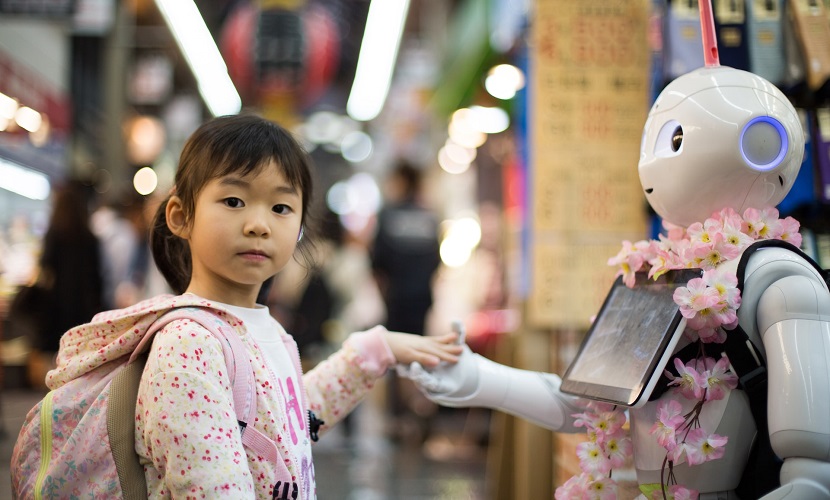
Why does Microsoft fund OpenAI?
According to the New York Times technology writers Cade Metz and Karen Weise, Microsoft has made at least $3 billion in OpenAI since 2019 to assist the little tech company in developing its incredibly powerful AI chatbot. As Metz and Weise mentioned in a recent article, “Microsoft is now positioned to tackle Big Tech competitors like Google, Amazon, and Apple with a technological advantage the corporation has not had for more than two decades.” On the other hand, a person familiar with the situation says that Microsoft is in talks to spend an additional $10 billion in OpenAI in order to further its technology. Forbes estimates that OpenAI is currently valued at US$29 billion, so Microsoft’s US$10 billion investment would be significant.
What kind of return on investment could Microsoft expect? Given that OpenAI will formally license its technologies to Microsoft in 2020, it appears that the tech behemoth is hoping that developments in generative AI may have the ability to increase income for its Azure cloud computing company. If the purchase is finalized, generative AI technology would reach a “unprecedented milestone,” according to Pitchbook.

Can investors fund OpenAI?
Can investors be able to invest in OpenAI then? Although the firm does not currently have a publicly traded stock, if Microsoft were to buy a significant stake in it, investors would be able to indirectly invest in OpenAI by purchasing Microsoft shares. There are also many AI stocks available for investors in the field, even if the majority of generative AI-focused businesses are still in the venture capital stage.
